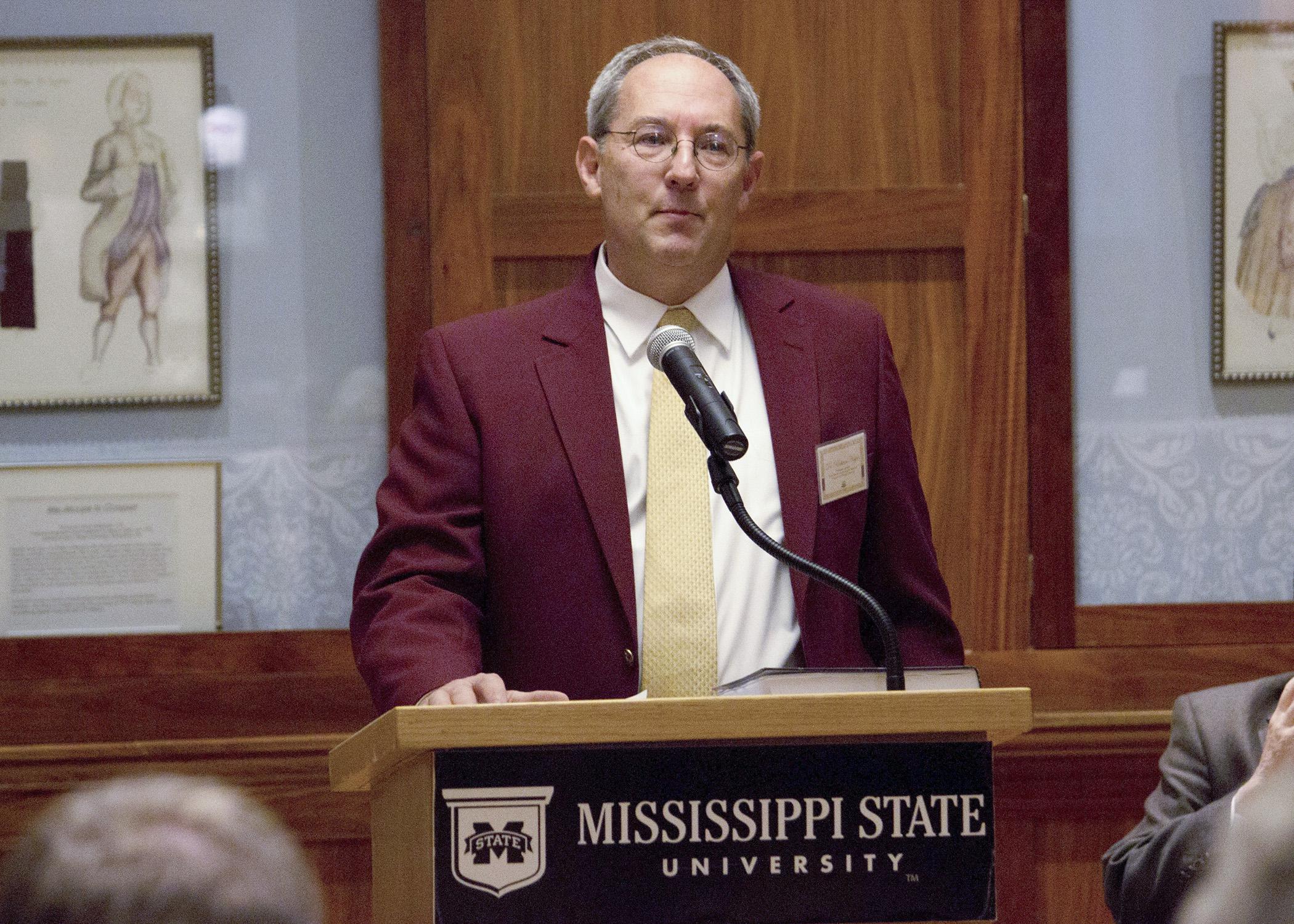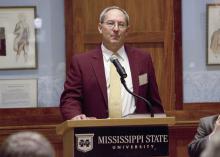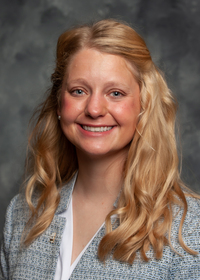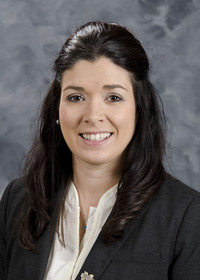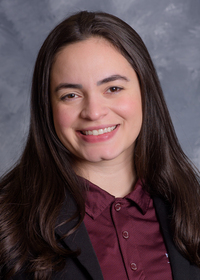Information Possibly Outdated
The information presented on this page was originally released on January 23, 2015. It may not be outdated, but please search our site for more current information. If you plan to quote or reference this information in a publication, please check with the Extension specialist or author before proceeding.
MSU-CVM professor leads major reference publication
MISSISSIPPI STATE -- A comprehensive reference book on all aspects of bovine reproduction was recently published under the leadership of a Mississippi State University College of Veterinary Medicine professor.
Dr. Richard Hopper, professor in the MSU-CVM Department of Pathobiology and Population Medicine, is lead author and editor-in-chief of “Bovine Reproduction.” Hopper is section leader for the CVM Theriogenology, Ambulatory and Food Animal Medicine Service. Theriogenology is the study of animal reproduction.
As lead author and editor, Hopper identified contributing authors, developed content, and evaluated and approved the book’s 83 chapters. MSU faculty and Mississippi-based experts wrote many of the chapters.
The book provides information on all aspects of reproduction in bulls and cows, including current research for evaluating and restoring fertility in bovine patients. Bovine practitioners, theriogenologists, animal scientists and veterinary students are already using the book.
At an event hosted by the MSU Library, university leaders, colleagues and family members honored Hopper and the contributing authors on the book’s success.
“This compendium was a huge undertaking by Dr. Hopper and has been much needed in the field,” said Dr. Peter Ryan, MSU associate provost and contributing author. “The resource is a living document and available electronically, so it will be easily updated and become the go-to source for veterinarians, animal and dairy scientists, and students. Dr. Hopper has been an outstanding educator throughout his career, and this book enables a greater sharing of his knowledge.”
Hopper kept international veterinary medicine in mind as he developed the material.
“What is really unique is that Dr. Hopper was careful to place information in the context of herd health, giving a global view of bovine theriogenology,” said Dr. Kent Hoblet, MSU-CVM dean. “This is timely as our university strives to meet a wide range of needs of small communities here in our region and also around the globe. Bovine reproduction is a major factor in helping provide food security for communities, and it makes us, as a college, especially proud to have a hand in improving international animal agriculture.”
Hopper entered private practice in Oneonta, Alabama, after earning a veterinary degree from Auburn in 1978. He later went to work with the MSU Extension Service and became a Diplomate of the American College of Theriogenologists. He established the theriogenology service at MSU, which has grown to have a substantial multispecies caseload and has maintained a successful resident training program.
Hopper has been active in the Society for Theriogenology and served as its president in 2012. He has made numerous presentations at scientific and lay meetings across the U.S. and continues to be a resource to practitioners and students.
Contact: Karen Templeton, 662-325-1131

